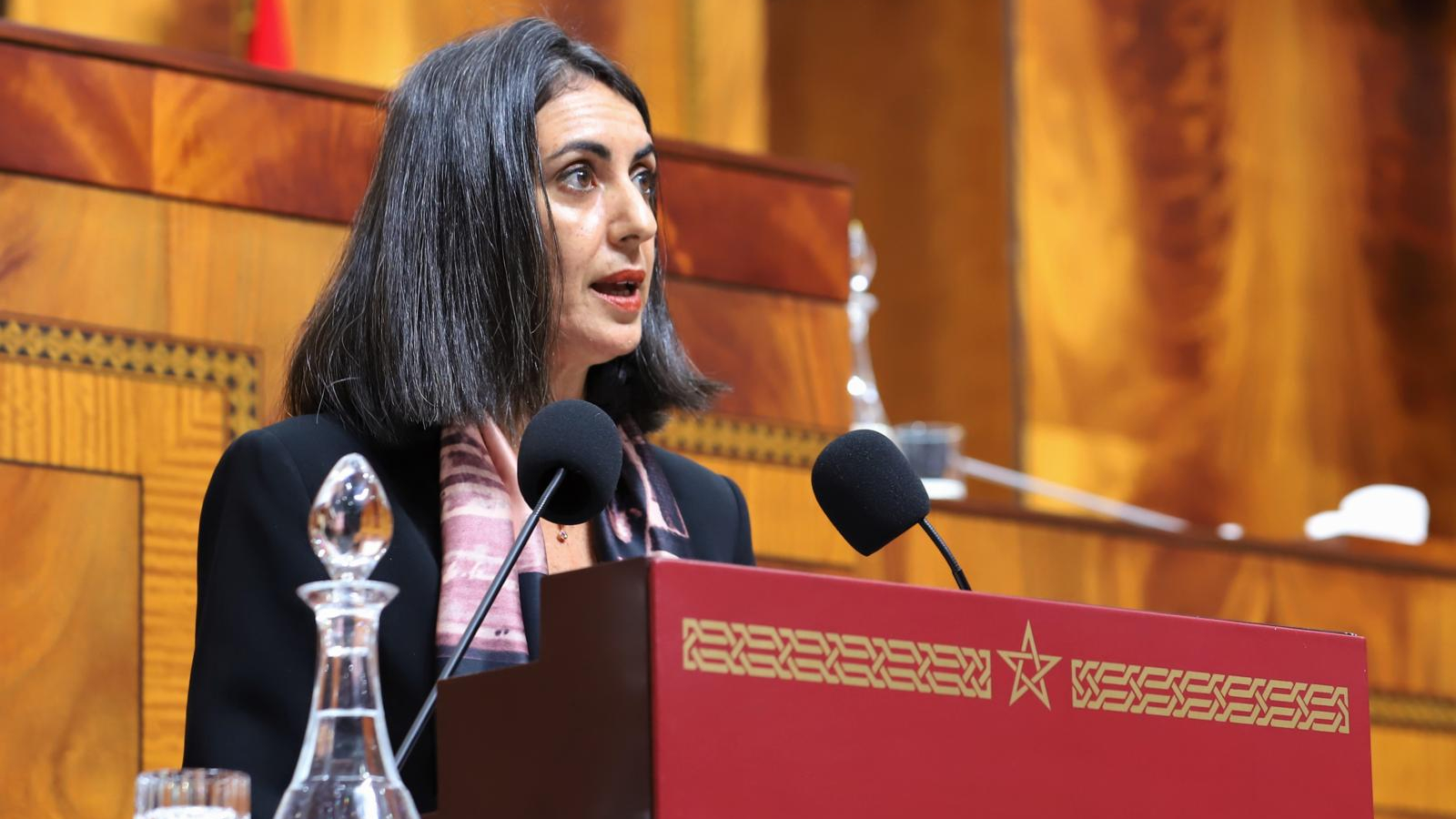
The Moroccan government has unveiled key elements of its 2026 Finance Bill, outlining a strategy focused on competitiveness, transparency, and fiscal sustainability while building on recent tax and environmental reforms.
As part of the three-year budgetary framework, the executive detailed tax and customs guidelines intended to anchor Morocco on a path of inclusive and sustainable growth, reducing social and regional disparities.
The measures aim to strengthen fiscal control, improve product traceability, and modernize the legal and regulatory environment.
A central pillar of the Finance Bill is the enhancement of customs oversight and product marking.
The government plans to implement a petroleum product marking system in coordination with the Ministry of Energy Transition, a move designed to curb fraud in the hydrocarbon sector and secure tax revenues from this strategic area.
Similar marking systems, already applied to beverages and tobacco, will be extended to other products containing sugar or tobacco derivatives.
The objective is to ensure compliance with domestic consumption taxes and align with international standards for consumer protection and informal economy regulation.
On the environmental front, Morocco intends to introduce a carbon tax, currently under development in consultation with multiple ministries.
The mechanism seeks to align domestic taxation with the Kingdom’s climate commitments and prepare Moroccan businesses for the European Carbon Border Adjustment Mechanism.
The Finance Bill also proposes the renewal of domestic consumption tax reforms on cigarettes and the modernization of regulations for precious stones, including the establishment of a regulatory framework for refiners.
Targeted measures aim to integrate the informal economy gradually, improve the withholding tax system, and simplify corporate restructuring through revised incentive tax regimes.
Customs adjustments are also planned, particularly in Chapter 30 of the tariff code, affecting pharmaceutical products to correct distortions and secure the availability of medicines.
Import duties will be reviewed to favour local production while ensuring the competitiveness of industrial inputs.
Finally, the 2026 Finance Bill seeks to consolidate key state taxes and clarify the tax base, reinforcing trust and transparency between the government and taxpayers. These reforms reflect Morocco’s broader ambition to modernize its fiscal system while supporting economic growth and social equity.



